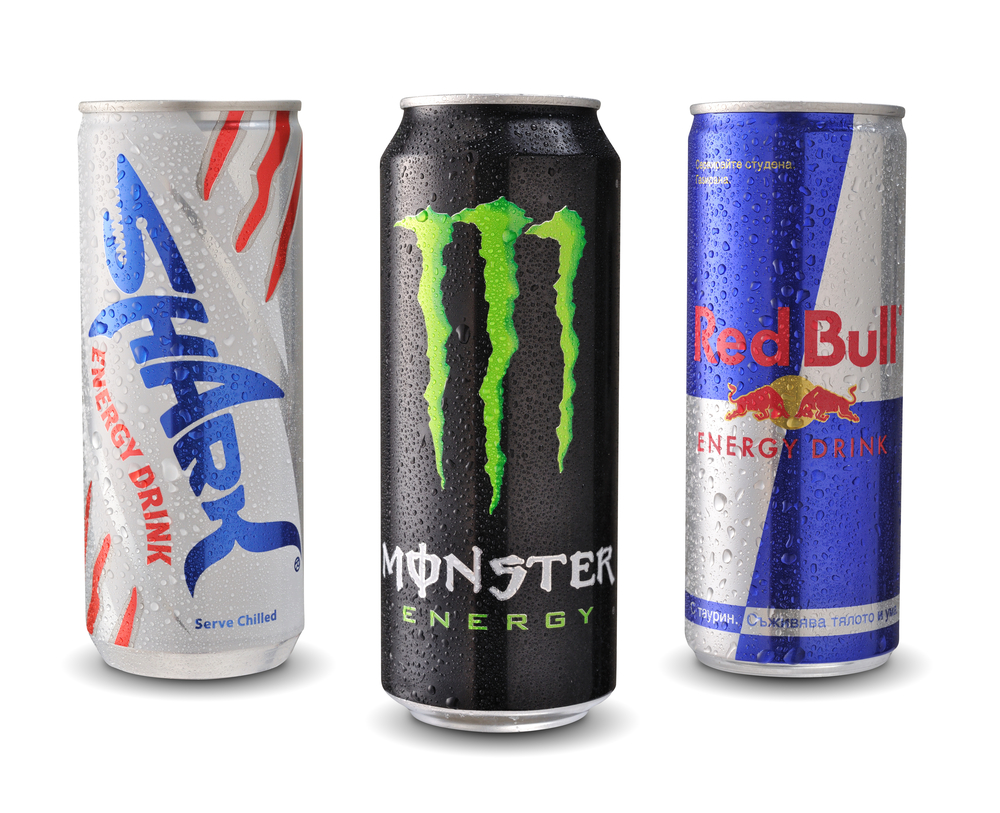Blog
The dangers of caffeinated energy drinks
Energy drinks contain a crapload of caffeine and they are being marketed to children. They are not good for us, or our kids.
New research shows caffeinated energy drinks cause a spike in teenagers’ blood glucose and insulin levels; even in relation to brands that contain no sugar. The study, which was recently presented to a world diabetes conference in Vancouver, found the caffeine in energy drinks could predispose people to diabetes and heart disease.
These drinks are popular with teens and young adults. In fact, it’s estimated that 30 per cent of teenagers and half of all young adults drink them and consumption is on the rise.
Ms Heidi Virtanen, from the University of Calgary in Canada, was quoted in a recent article on the topic as saying:
“Since caffeine persists in the system for 4-6 hours after consumption, continuous insulin resistance associated with regular caffeine-containing energy drink consumption in adolescents could contribute to increased metabolic risk in susceptible individuals later in life through persistent interference with their regular glucose metabolism”
Here are some other points from the article:
- Ms Virtanen found that caffeinated drinks in adolescents caused a 20-30 per cent increase in insulin and glucose levels.
- Energy drinks typically contain around 80mg of caffeine.
- Deakin University research has found, on average, children first use these drinks at the age of 10 in Australia.
- Children and adolescents are much more likely to ingest higher amounts of caffeine per kilogram of body mass when they consume these drinks because they are smaller than adults.
- In the Canadian study, 20 teenagers aged 13-19 fasted and abstained from caffeine and vigorous exercise for 24 hours so that the effects of the drinks on insulin and blood sugar could be assessed. Blood samples were collected forty minutes before consumption and at five intervals in the two hours after the drinks were consumed. Results showed a 25 per cent increase in blood glucose levels in the two hours after consuming the caffeine-containing energy drink compared to the decaffeinated version. Insulin levels surged by 26 per cent.
- A 2012 Medical Journal of Australia study checked calls to Australia’s poisons information centre concerning toxic reactions to energy drinks. It found from 2003 to 2010, almost 300 people had contacted the information line about exposure to energy drinks with many reporting palpitations, tremor and gastrointestinal upset. Twenty-one people had signs of serious cardiac or neurological toxicity including hallucinations, seizures and heart problems and 128 required hospitalisation.
Follow the link to read the full article.












